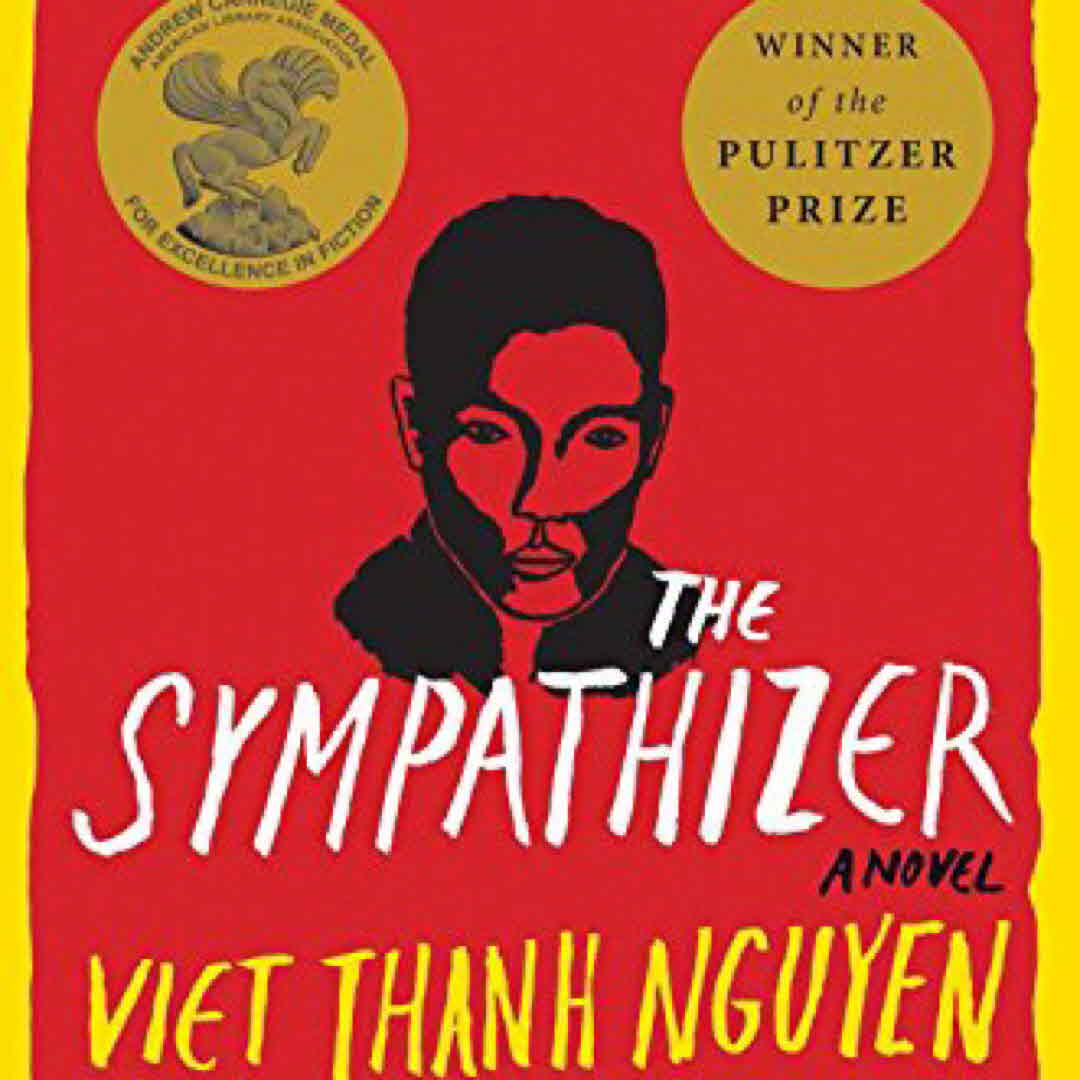
“I liked my scotch undiluted, like I liked my truth.” Few pages later. “It was instead, the best kind of truth, the one that meant at least two things.”


“I liked my scotch undiluted, like I liked my truth.” Few pages later. “It was instead, the best kind of truth, the one that meant at least two things.”
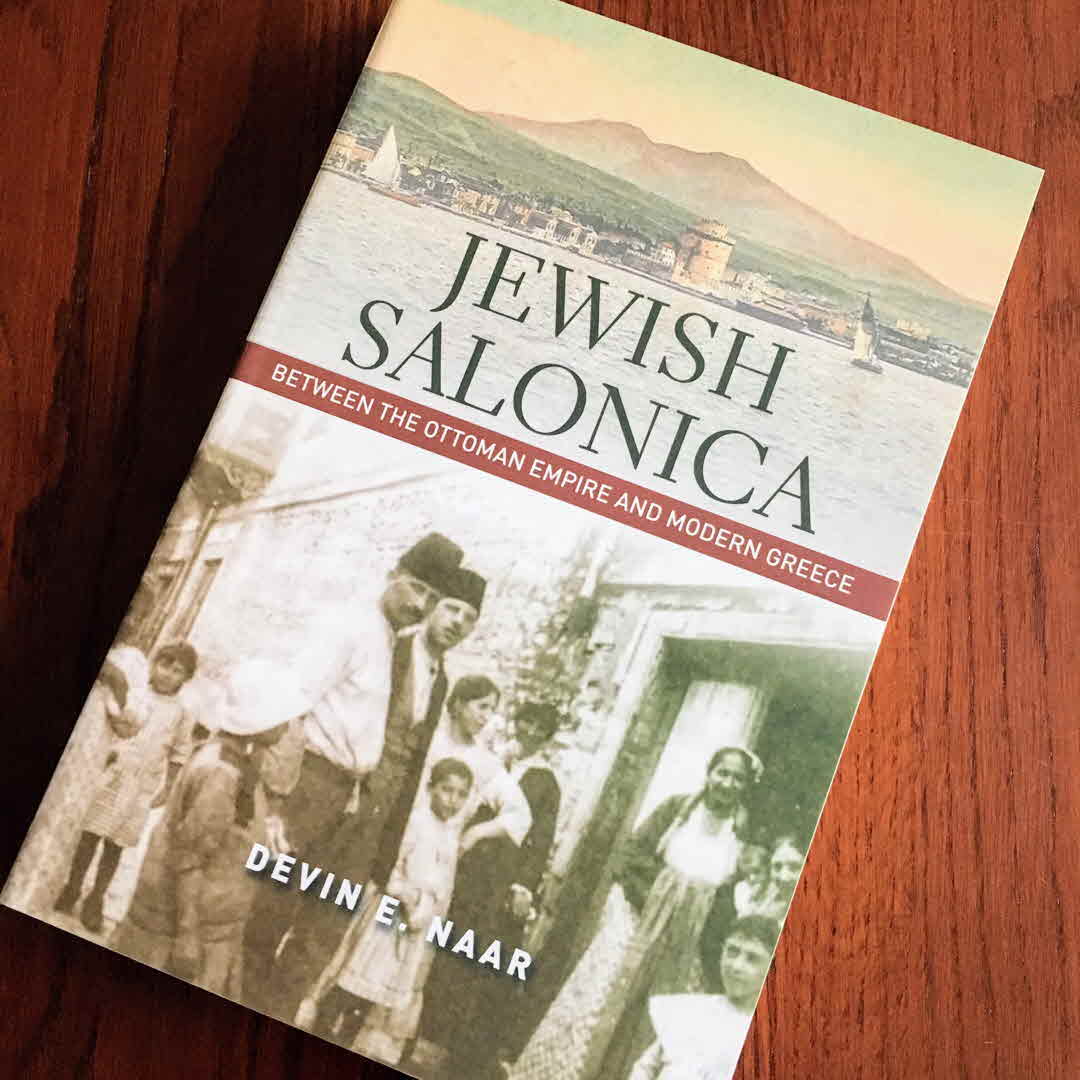
Thessaloniki was once imagined as an ‘earthly Jerusalem‘ and designated as the ‘Jerusalem of the Balkans.‘ With the Ottoman empire collapsing, it was even thought that an ‘autonomous Jewish Salonica‘ was more feasible than an ‘independent Jewish state‘ in Palestine. Then, in 1912, the city was incorporated into Greece. A most fascinating read.
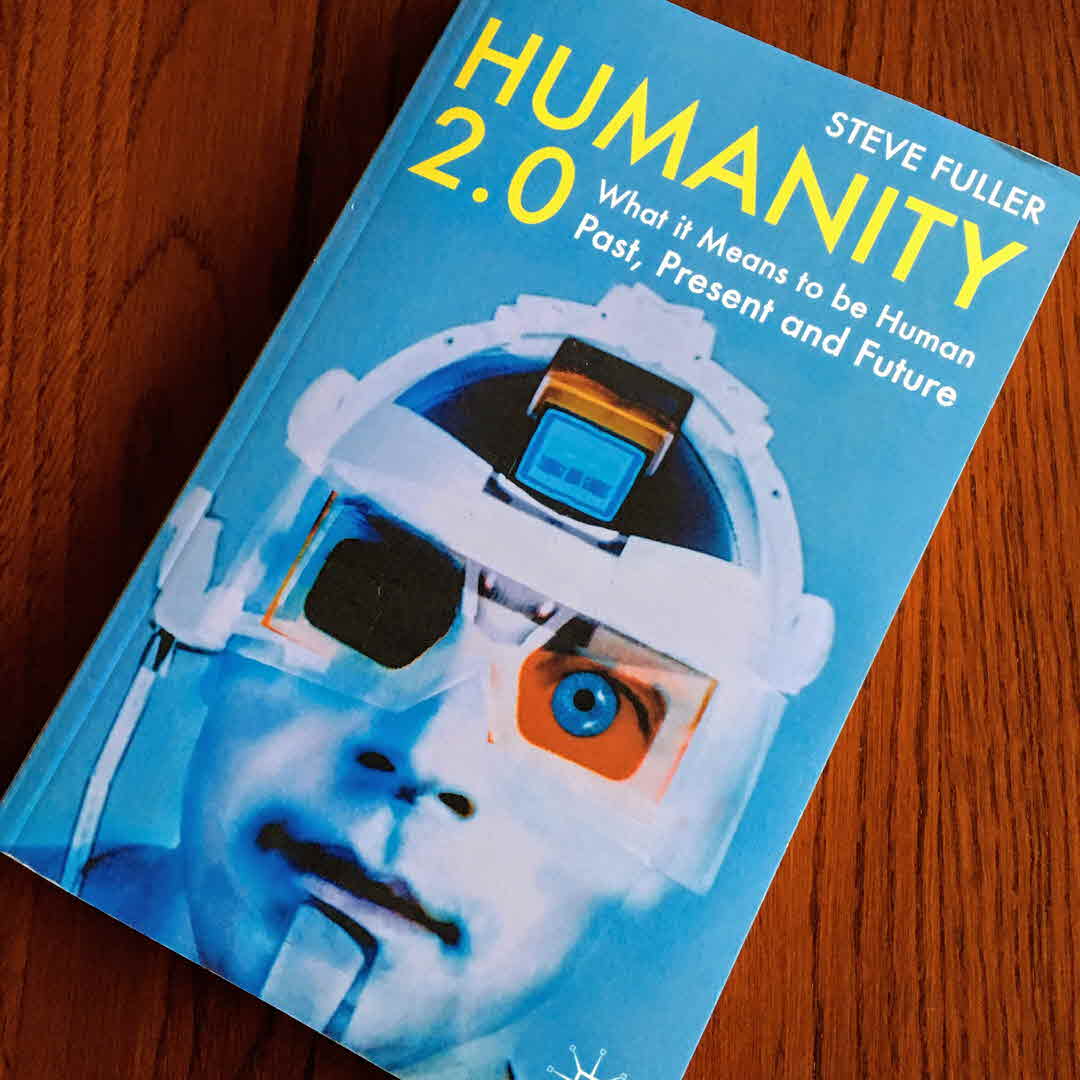
Will the sequel beat the original?
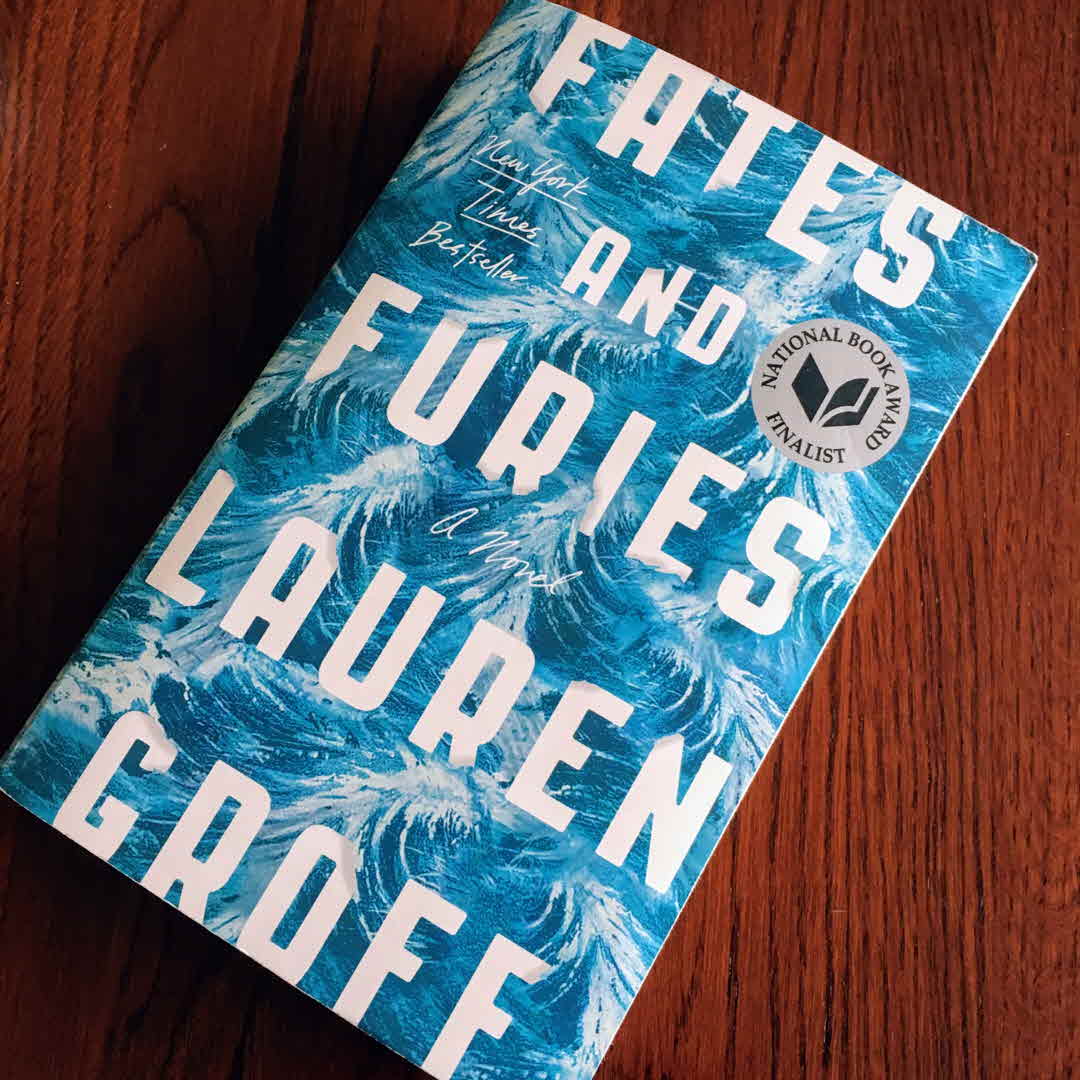
Those who manage to read past the first 100 or so pages will be rewarded with surprising twists.
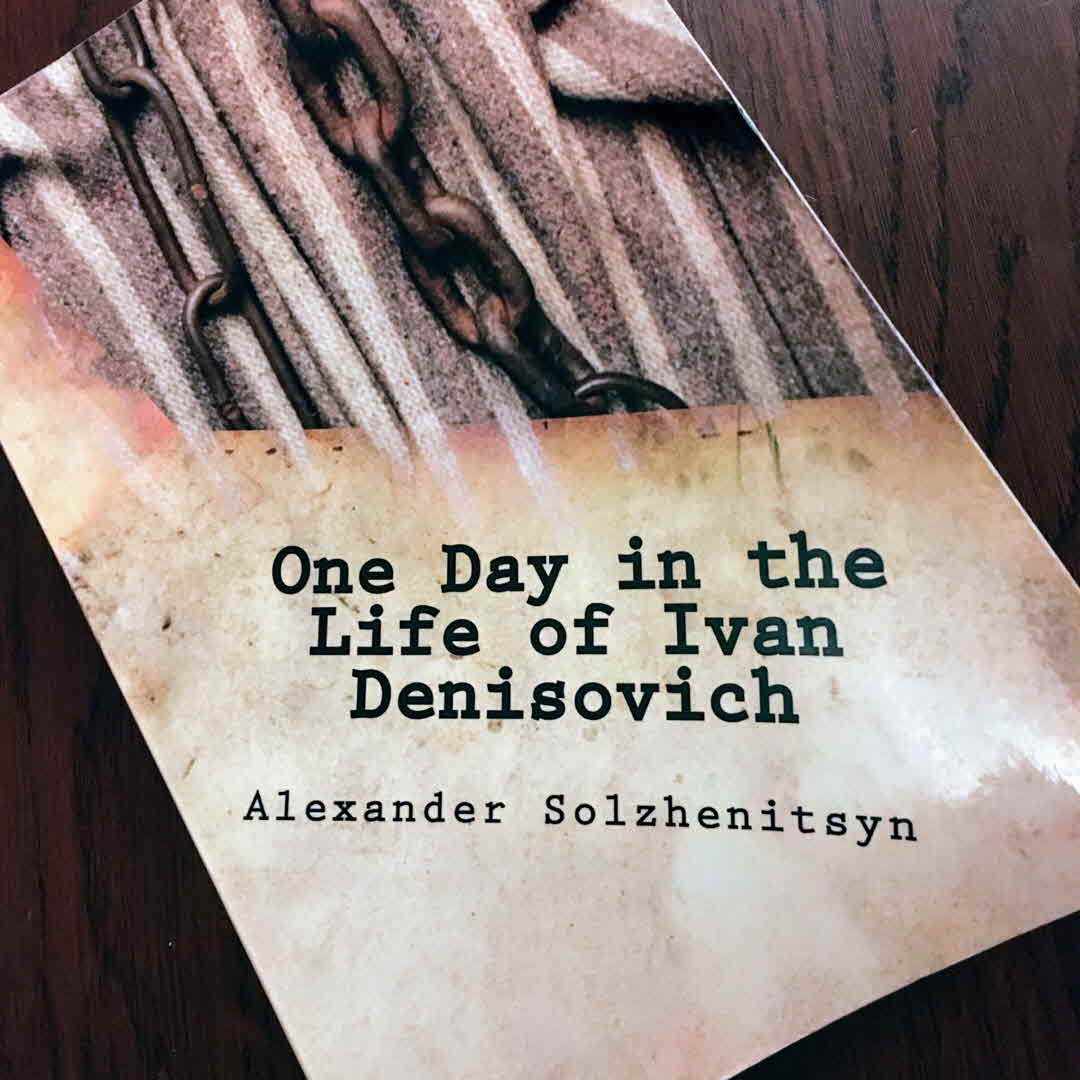
In an emotionally barren and physically cold Soviet camp, he managed to maintain his humanity and find virtue and happiness.
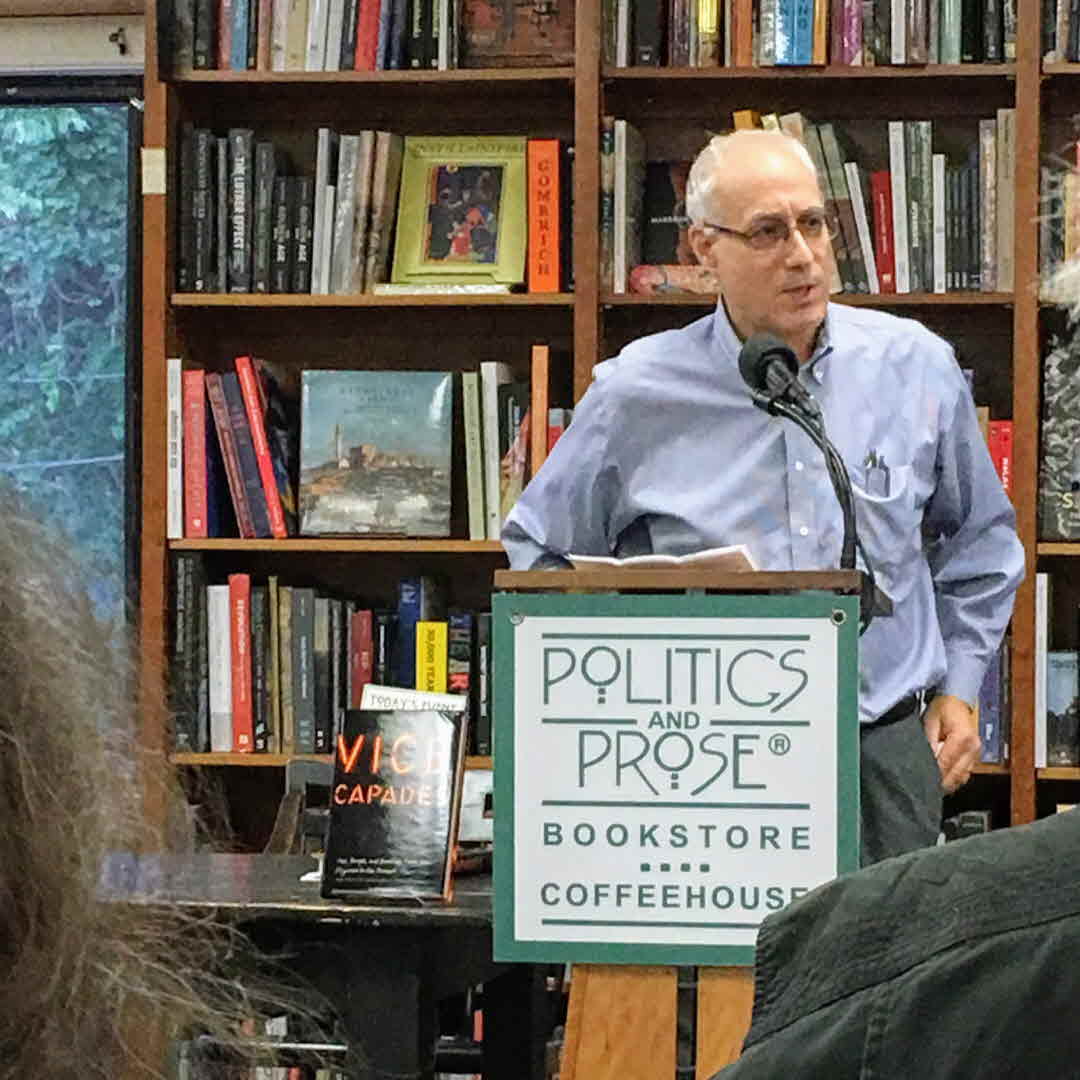
Yesterday, Mark Stein discussed how people use vice and vice laws to maintain or obtain power. Vice Capades: Sex, Drugs, and Bowling from the Pilgrims to the Present. Not only bowling; dancing, too, was prohibited at some point in the US.
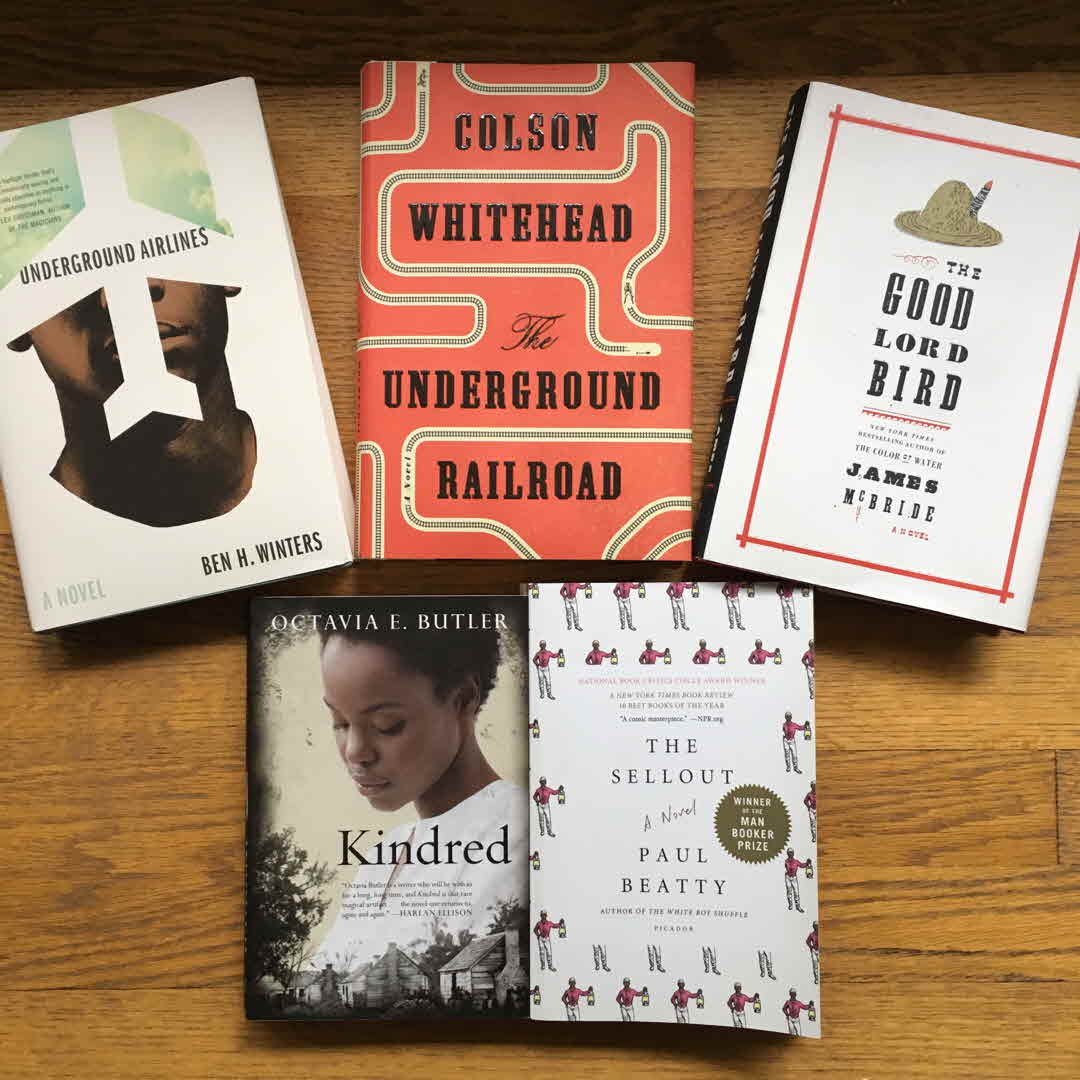
Finished my slavery literature list. Underground Airlines: 'The Underground Railroad meets Blade Runner;' easily adaptable to the big screen.
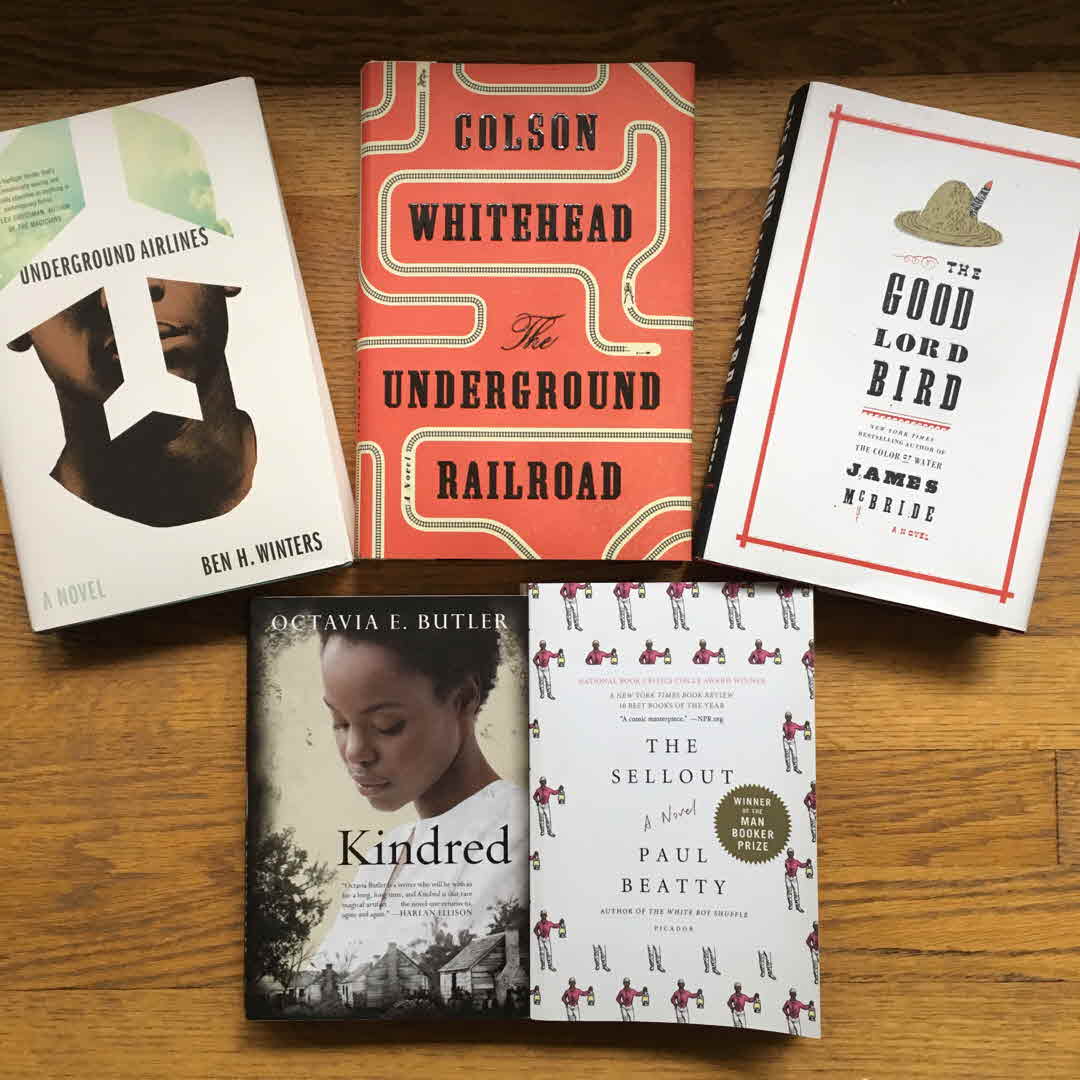
Finished my slavery literature list. The Good Lord Bird, offers historic events trough an innovative lens.
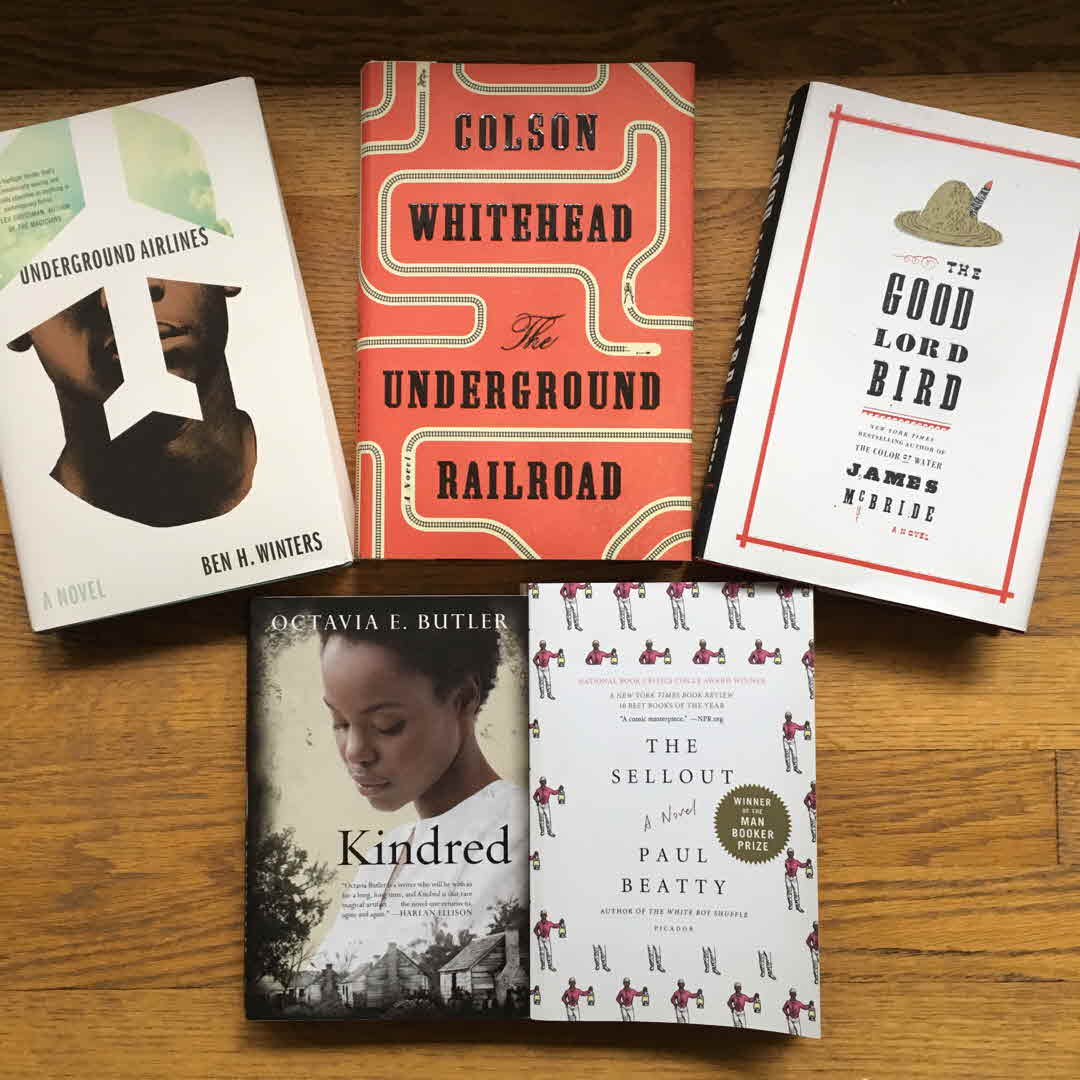
Finished my slavery literature list. The Underground Railroad is written against historic events seen trough an innovative lens.
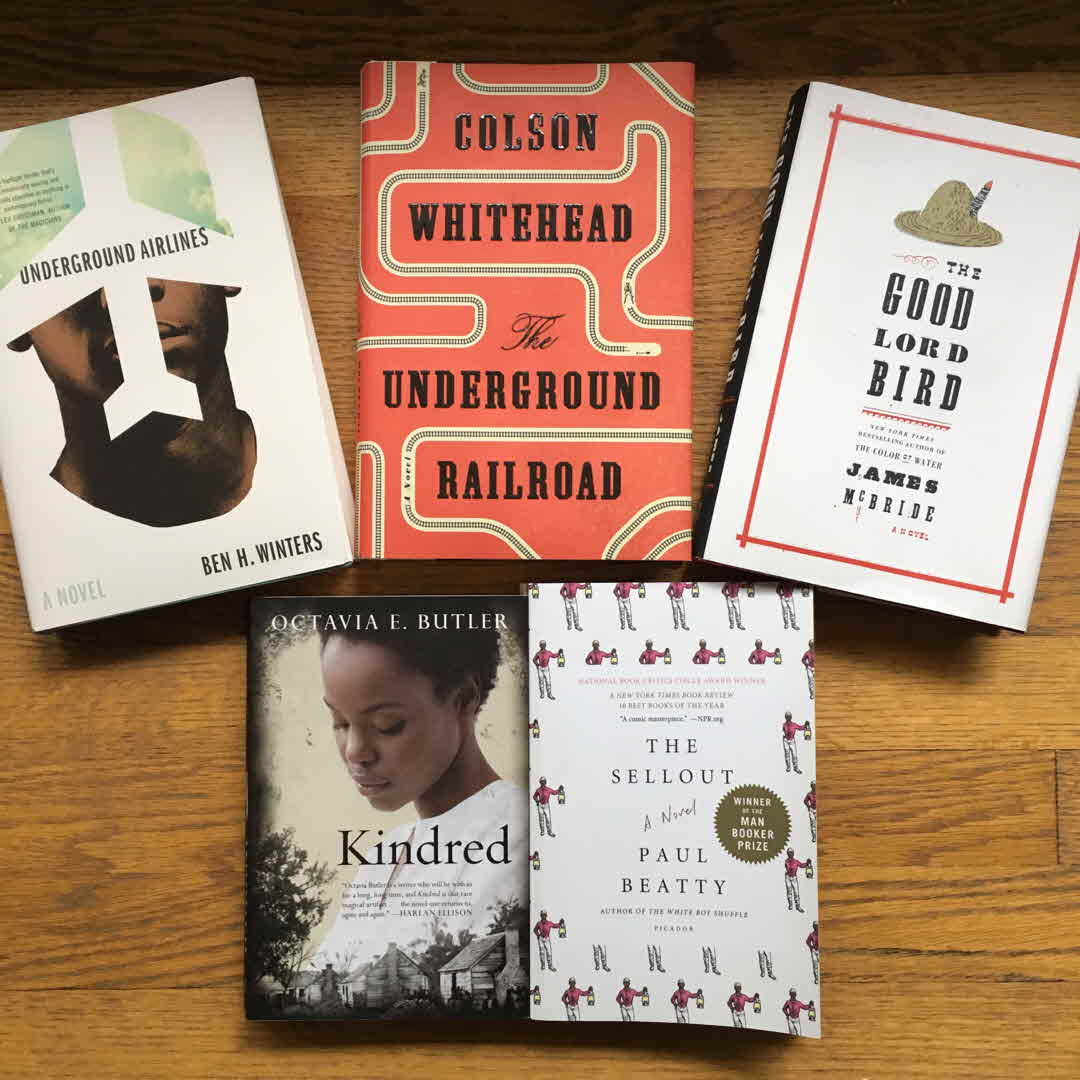
Finished my slavery literature list. The Sellout offers a hilarious and sharp take on (re)segregation.
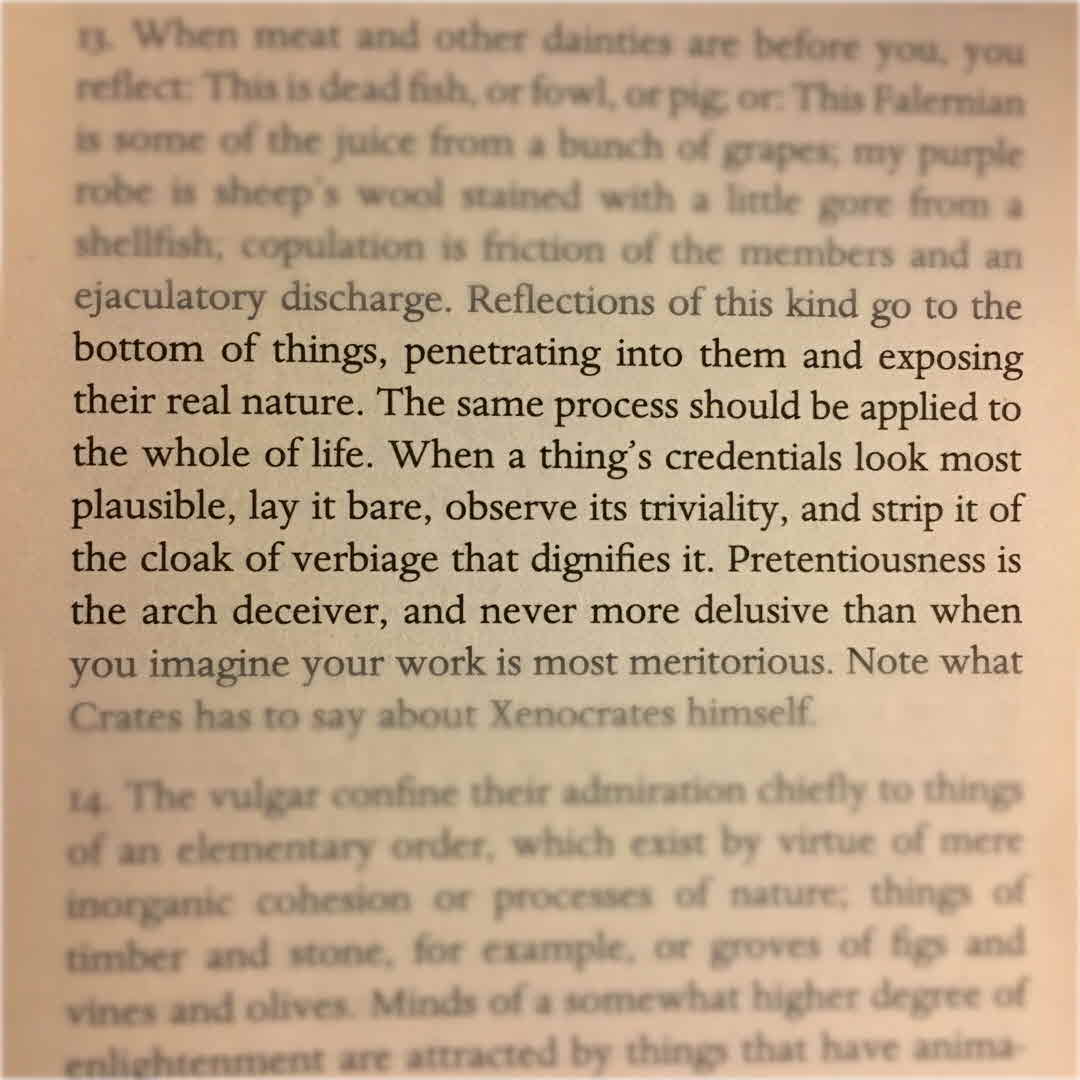
Written almost 2000 years ago for the age of fake news, marketing, and social media: "When a thing's credentials look most plausible, lay it bare, observe its triviality, and strip it of the cloak of verbiage that dignifies it."
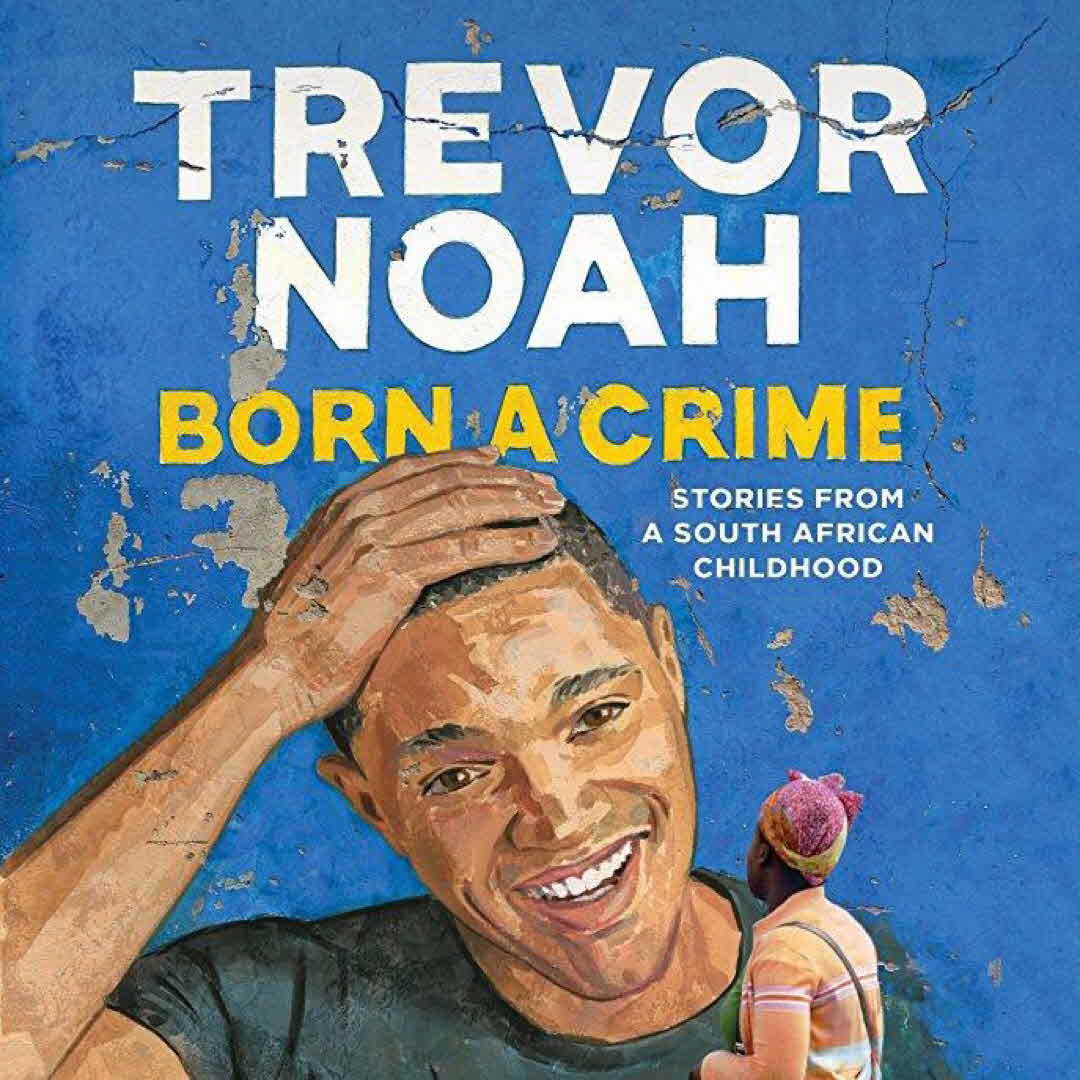
Only a brilliant comedian can make you laugh while reading about growing up under an oppressive regime.
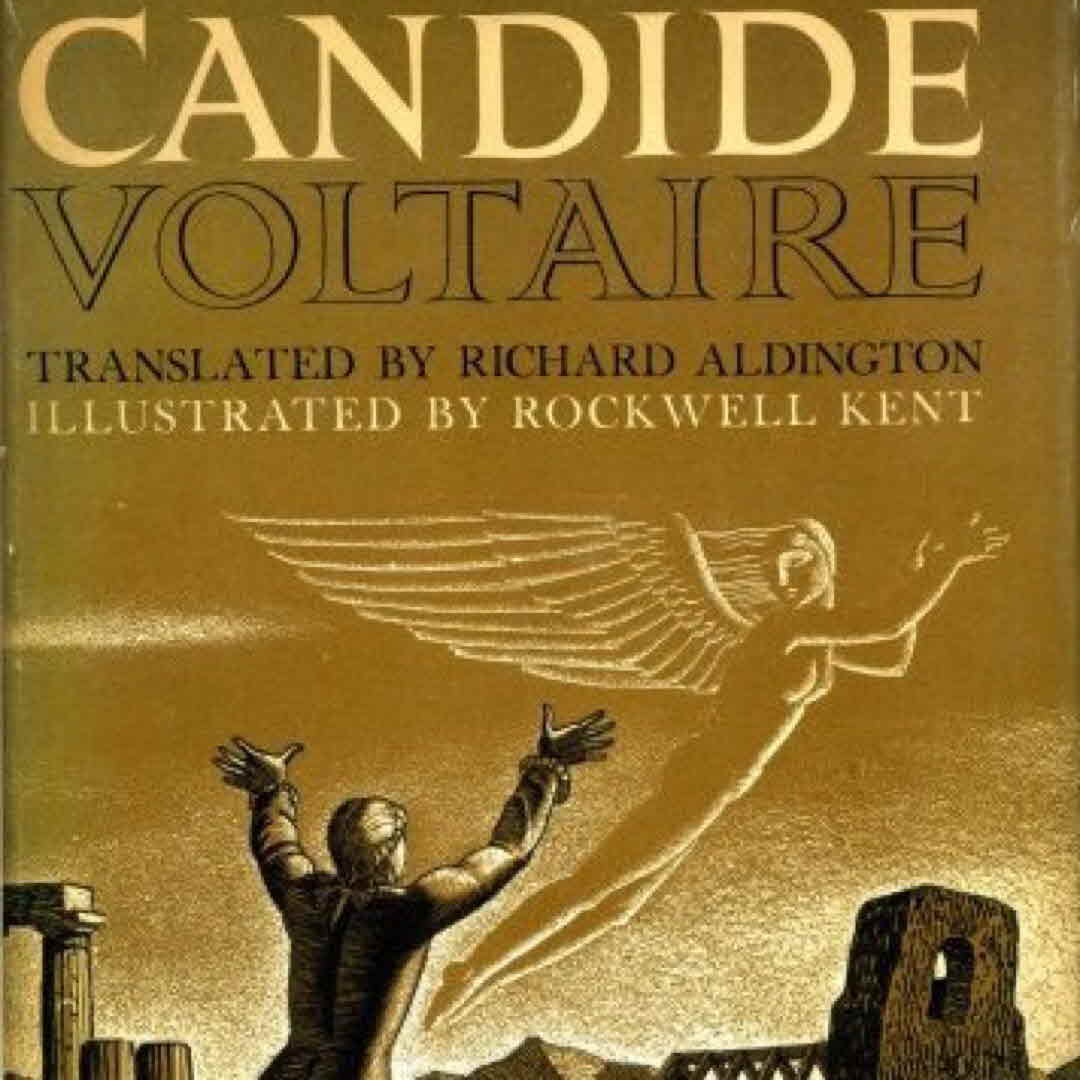
The story has the pace of the Da Vinci Code but without the mysterious intricacies. Clearly a book of its times, featuring Buenos Aires, Amsterdam, and Constantinople. A satire with philosophical, religious, and political undertones. Moral of the story: the best way to live, is to cultivate one's own garden.

The book is about protection of individuals (crimes against humanity) vs. groups (genocide). These concepts were developed and helped introduce at the trials by the Polish lawyers Lauterpacht and Lemkin, respectively, who lost their families directly because of one of the defendant's, Hans Frank: Hitler's lawyer, then Governor General of occupied Poland. The book is also a personal account of their lives.

None of the high Nazi officers on trial in Nuremberg was convicted of genocide! I'm still shocked.

Camus: "[The main character] refuses to lie. Lying is not only saying what isn't true. It is also, in fact especially, saying more than is true and, in the case of the human heart, saying more than one feels. We all do it, every day, to make life simpler. But, contrary to appearances, [he] doesn't want to make life simpler...he is driven by a tenacious and therefore profound passion, the passion for an absolute and for truth."
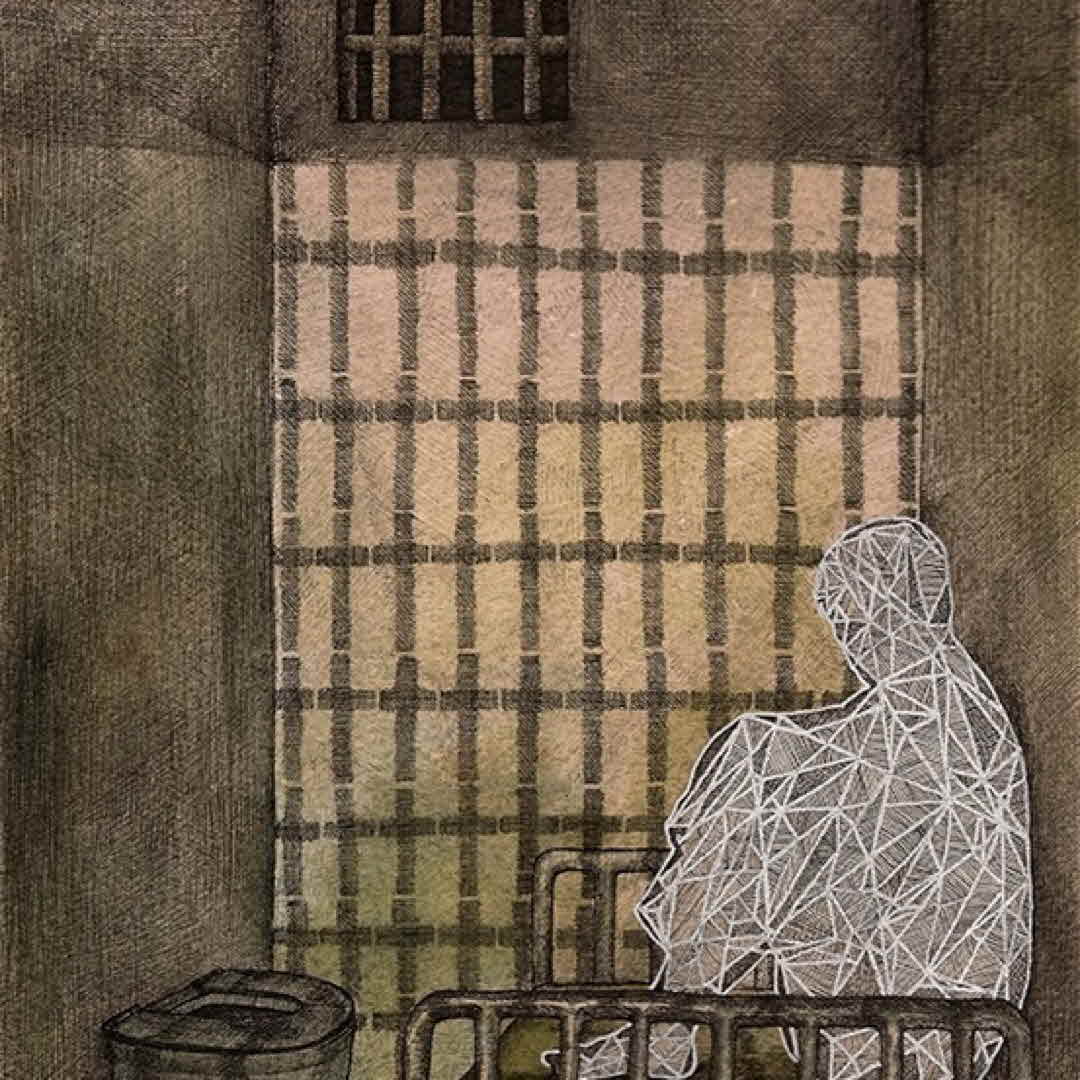
"I realized then that a man who'd only lived for a day could easily live for a hundred years in a prison. He'd have enough memories not to get bored." (Illustration by Dohun Kim)
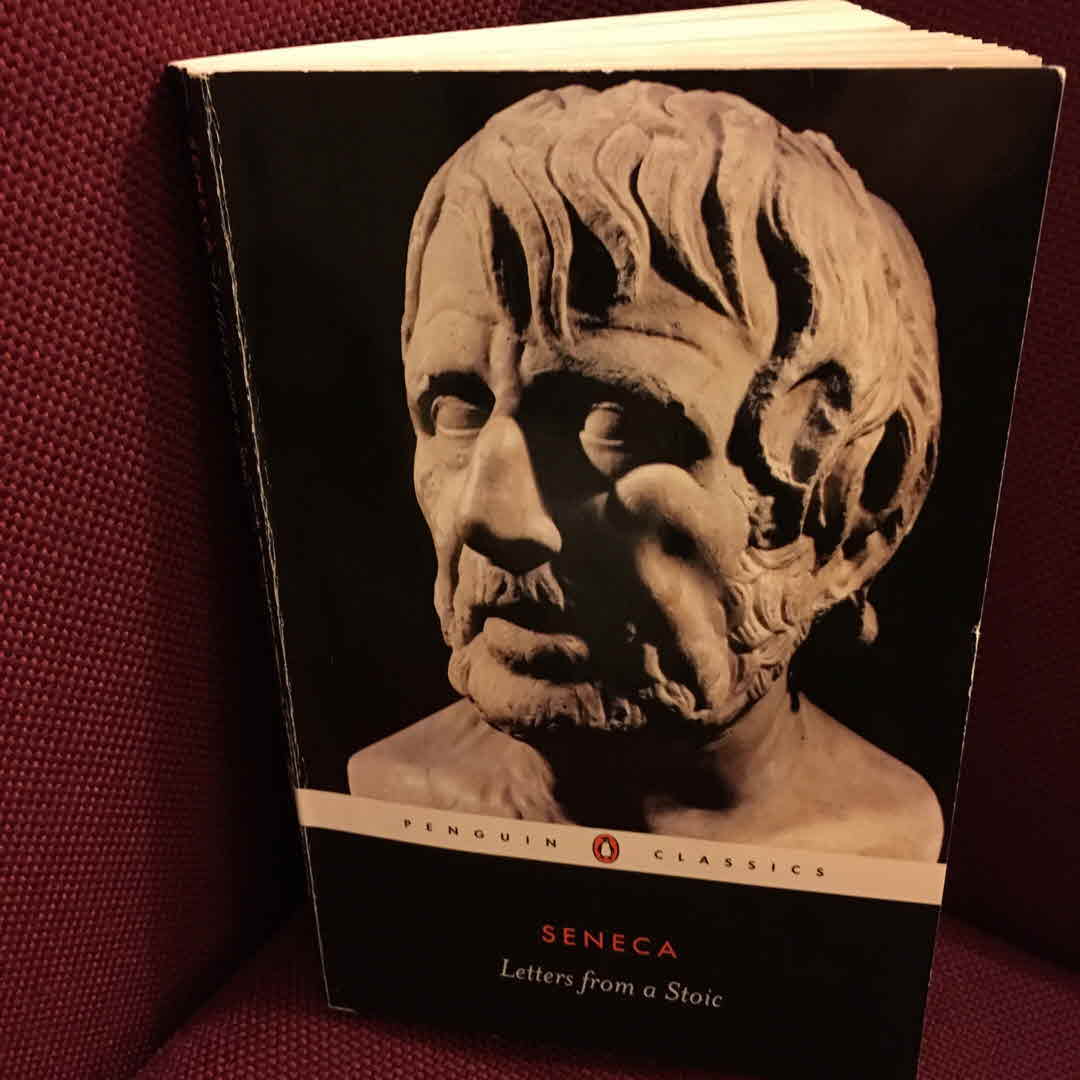
What I liked most is that the first 30 or so letters end with quotes from and references to the main rival philosophical school, the Epicureans, which Seneca almost without exception praises. #Stoicism
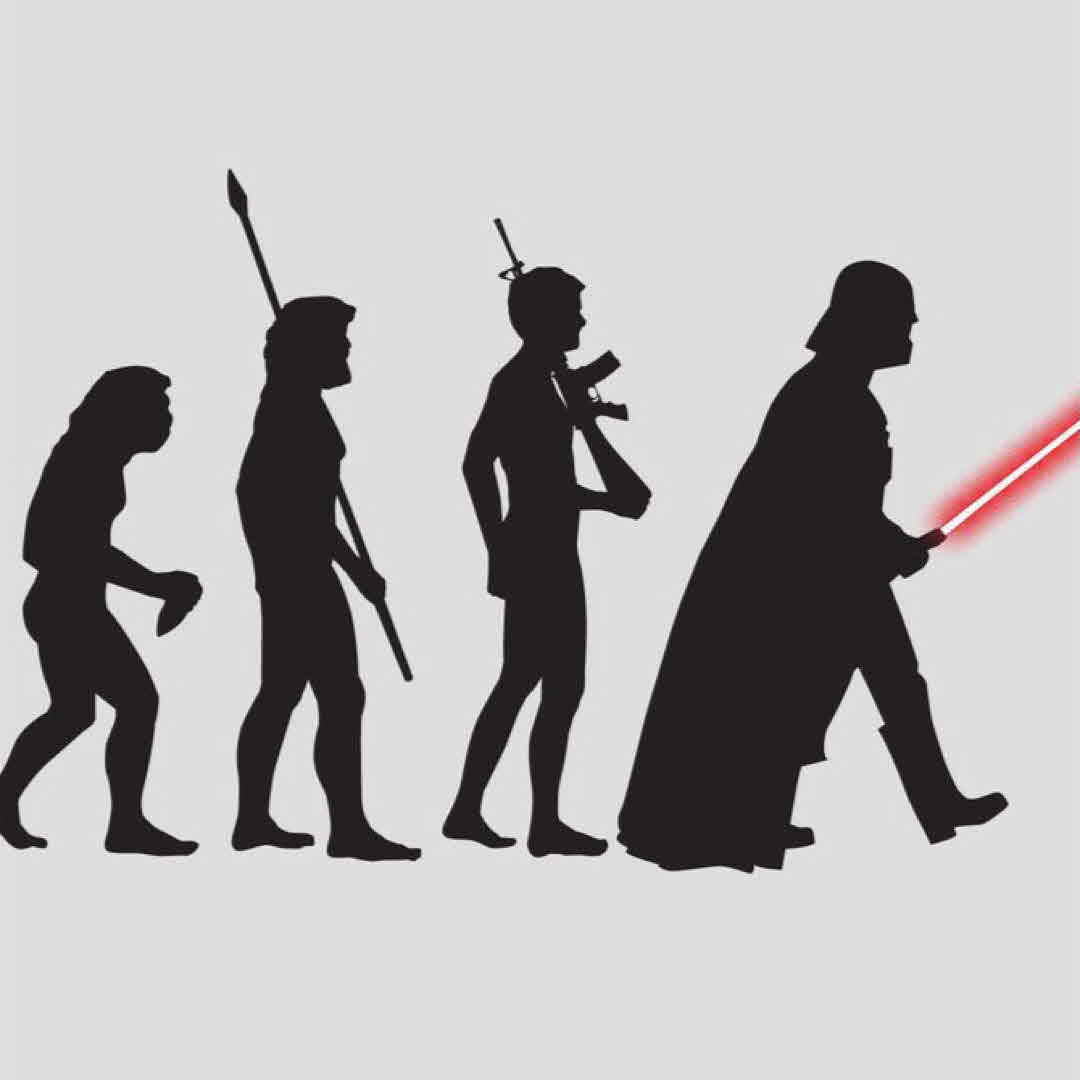
This book reminded me of Colin Quinn's stand up 'Long Story Short:' "We are the descendants of the pricks. We‘re not the people who starved to death waiting their turn."

The wife of Krakow's Nazi Governor - the Austrian Von Wächter - was particularly proud that the jewish ghetto had a beautiful wall with "elegant curves and graceful battlements."

"The coming together of the lives of Frank, Lauterpacht, and Lemkin was formalized in the Nuremberg's Palace of Justice in the words of the indictment."
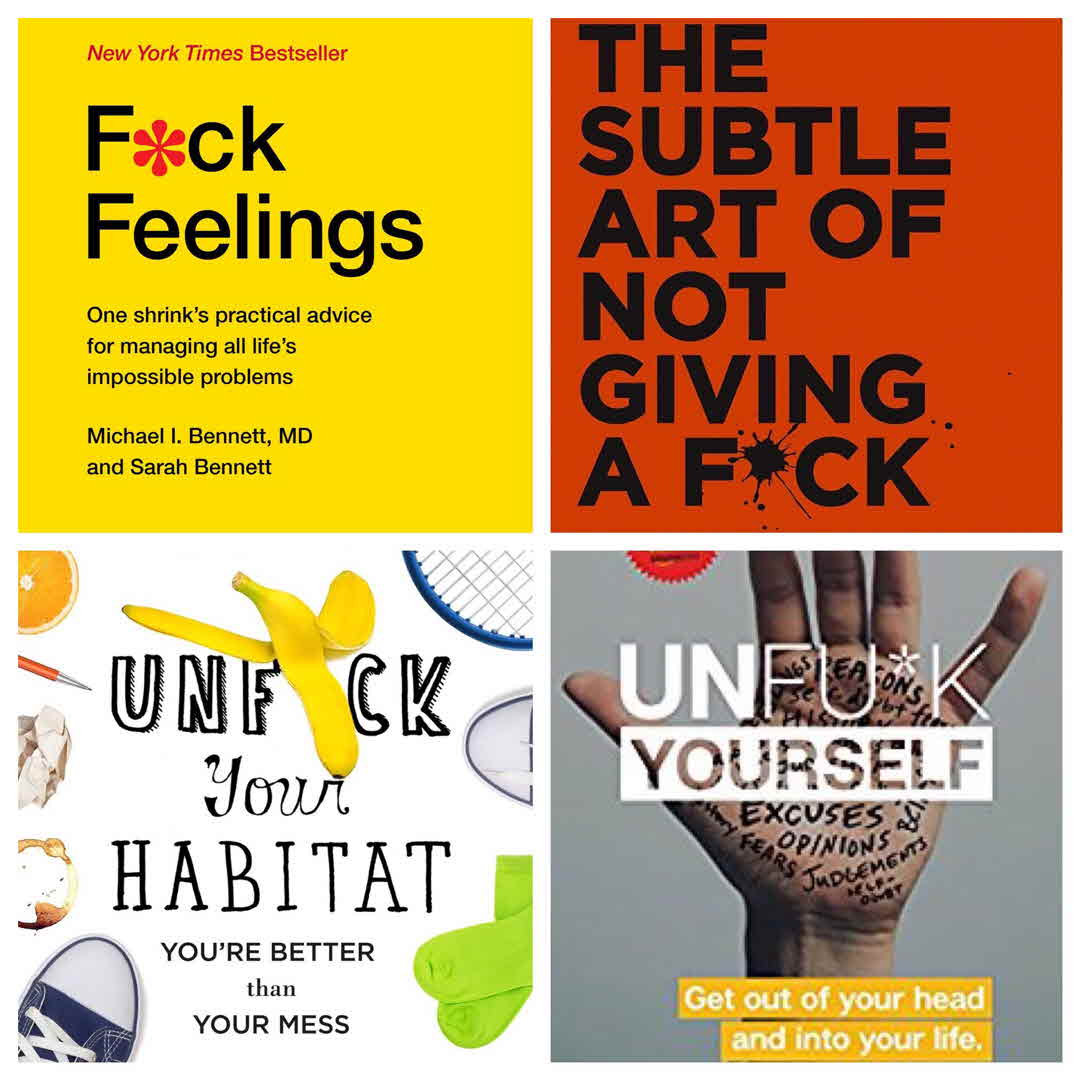
Are publishers running out of ideas for original book titles?
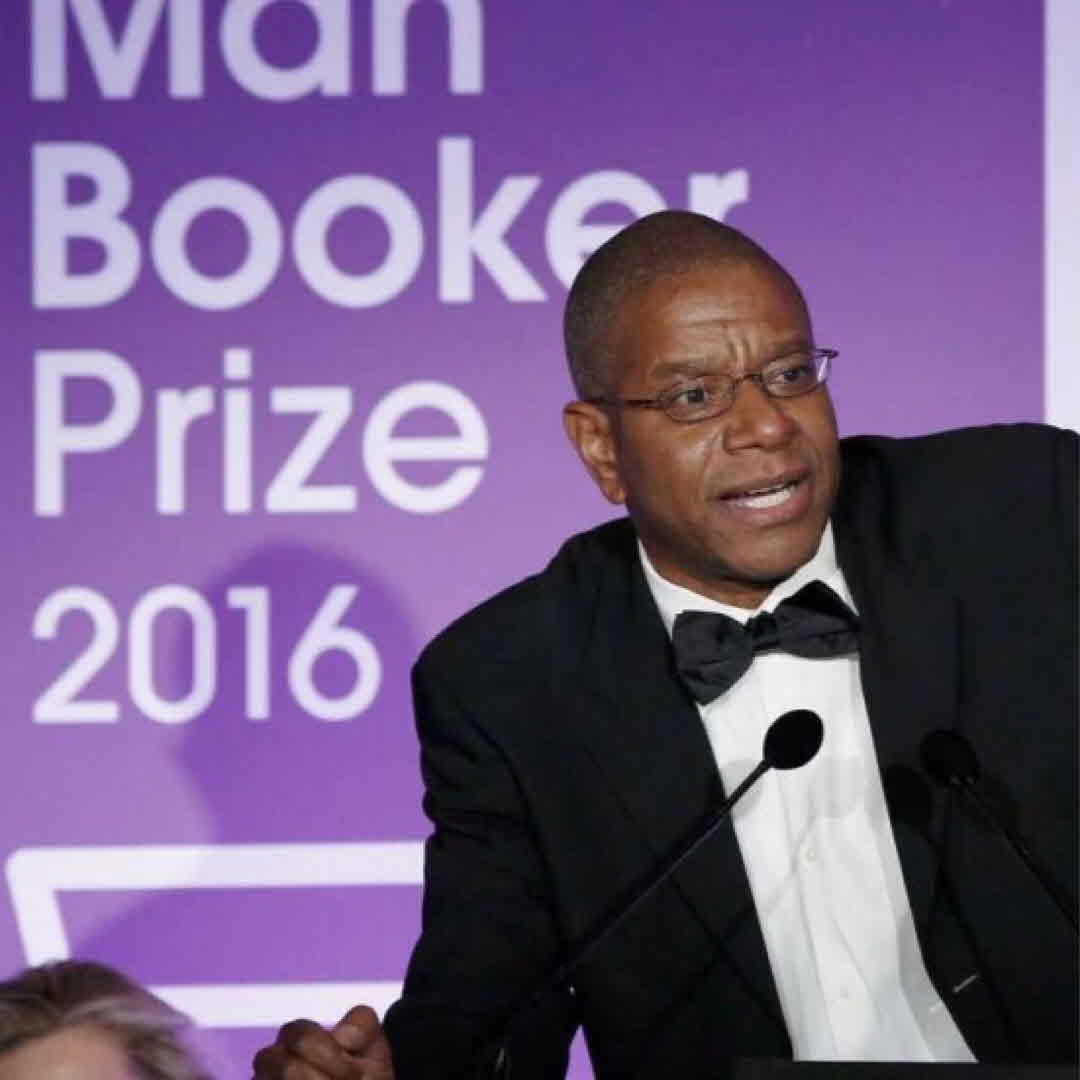
About a black man owning a slave and reintroducing segregation in his hometown Dickens. Beatty's observations are hilarious and sharp.

A hilarious how-to book about attitudes, not writing techniques. The book captures very well Somerset Maugham's three rules of writing a novel: "Unfortunately, no one knows what they are."